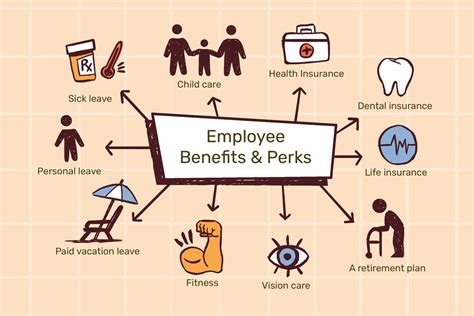How to optimize sleep for faster muscle recovery & peak cognitive function?
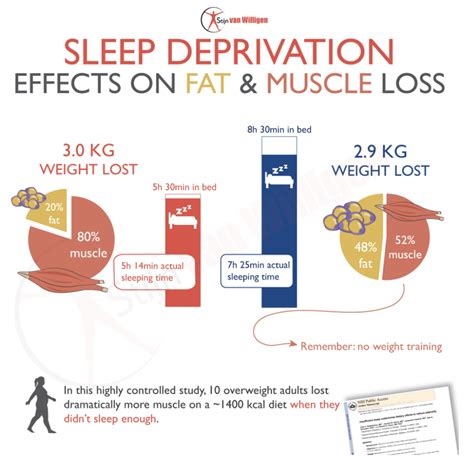
The Untapped Potential of Optimal Sleep
In our relentless pursuit of physical prowess and mental acuity, sleep often gets relegated to an afterthought, viewed merely as a break from our busy lives. However, understanding and optimizing sleep is perhaps the most powerful, yet undervalued, tool in our arsenal for achieving faster muscle recovery and unlocking peak cognitive function. It’s not just about getting enough hours; it’s about the quality and strategic timing of that sleep that truly makes the difference.
Ignoring sleep’s critical role is akin to trying to build a skyscraper without a solid foundation. Both your body and brain undergo vital restorative processes during slumber, directly impacting your ability to perform, learn, adapt, and heal.
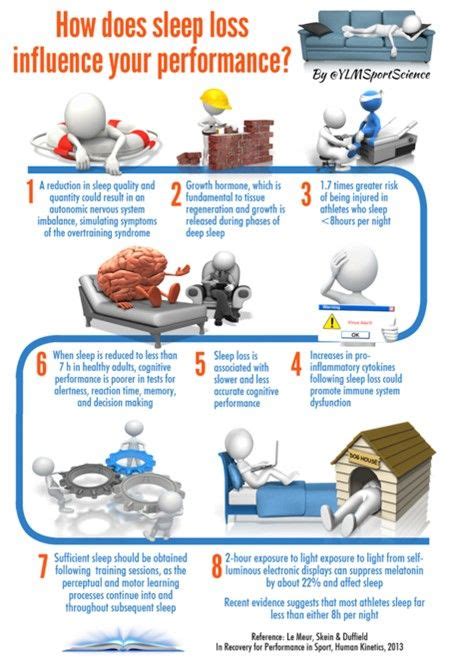
The Science Behind Sleep and Muscle Recovery
When you push your body during exercise, you create micro-tears in muscle fibers and deplete energy stores. Sleep is where the magic of repair and replenishment happens. During deep sleep, specifically slow-wave sleep (SWS), your body releases a significant surge of human growth hormone (HGH). HGH is anabolic, meaning it plays a crucial role in tissue repair, muscle growth, and fat metabolism. Without adequate SWS, HGH production diminishes, directly hindering your recovery efforts.
Furthermore, sleep is essential for reducing inflammation, a natural response to intense training. Quality sleep helps regulate cytokines, proteins that can either promote or inhibit inflammation. Proper sleep encourages the production of anti-inflammatory cytokines, while sleep deprivation can exacerbate chronic inflammation, delaying recovery and increasing the risk of injury. It also replenishes glycogen stores, the primary fuel source for muscles, ensuring you’re ready for your next workout.
Sleep’s Profound Impact on Cognitive Function
Just as your muscles recover, your brain also undergoes extensive repair and consolidation during sleep. Adequate sleep is absolutely non-negotiable for peak cognitive performance, impacting everything from memory and learning to problem-solving and emotional regulation.
During sleep, your brain actively consolidates memories, transferring information from short-term to long-term storage. This process is crucial for learning new skills and retaining knowledge. Sleep also clears metabolic waste products that accumulate in the brain during waking hours, a process facilitated by the glymphatic system. A well-rested brain exhibits superior attention span, enhanced creativity, better decision-making capabilities, and improved reaction times. Conversely, chronic sleep deprivation impairs all these functions, leading to reduced productivity, increased errors, and mood disturbances.
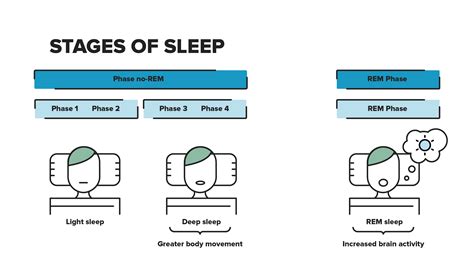
Practical Strategies for Optimal Sleep
1. Establish a Consistent Sleep Schedule
Your body thrives on routine. Going to bed and waking up at roughly the same time every day, even on weekends, helps regulate your circadian rhythm – your body’s internal clock. This consistency reinforces your natural sleep-wake cycle, making it easier to fall asleep and wake up feeling refreshed.
2. Optimize Your Sleep Environment
Your bedroom should be a sanctuary for sleep. Ensure it’s dark, quiet, and cool (ideally between 60-67°F or 15-19°C). Block out all light with blackout curtains, use earplugs or a white noise machine if necessary, and invest in a comfortable mattress and pillows. Remove electronic devices that emit blue light, which can disrupt melatonin production.
3. Develop a Relaxing Pre-Sleep Routine
Signal to your body that it’s time to wind down. This might include taking a warm bath, reading a book (not on a backlit device), listening to calming music, or practicing gentle stretching or meditation. Avoid mentally stimulating activities, heavy meals, excessive liquids, and strenuous exercise too close to bedtime.
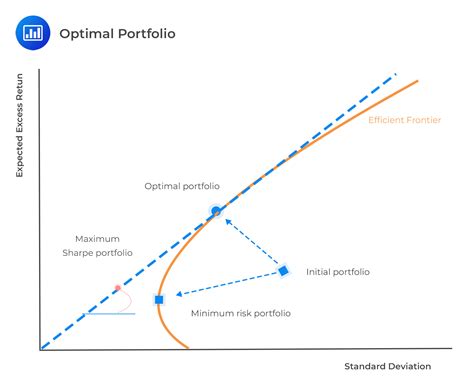
4. Mind Your Diet and Exercise Timing
Caffeine and alcohol can significantly impair sleep quality. Limit caffeine intake after early afternoon and avoid alcohol close to bedtime, as it can disrupt sleep architecture. While regular exercise promotes better sleep, intense workouts too close to bedtime can be counterproductive due to increased body temperature and adrenaline. Aim to finish vigorous exercise at least 2-3 hours before sleep.
5. Incorporate Mindfulness and Stress Reduction
Chronic stress and anxiety are major sleep disruptors. Techniques such as meditation, deep breathing exercises, and journaling can help calm an overactive mind before sleep. Consider exploring mindfulness practices to reduce daily stress and improve your ability to relax.
6. Consider Strategic Supplementation (Consult a Professional)
While not a substitute for good sleep hygiene, some individuals find certain supplements helpful. Magnesium can aid in muscle relaxation and neurotransmitter regulation. Melatonin, a hormone that regulates sleep-wake cycles, can be useful for adjusting to new time zones or addressing specific sleep phase disorders, but should be used under professional guidance.

Conclusion: Prioritize Sleep for Unrivaled Performance
Optimizing your sleep is not a luxury; it’s a fundamental requirement for anyone serious about maximizing muscle recovery, enhancing cognitive function, and improving overall health and well-being. By integrating these science-backed strategies into your daily routine, you’ll not only see significant improvements in your physical performance and mental sharpness but also experience a profound boost in your quality of life. Make sleep a non-negotiable priority, and unlock your true potential.
